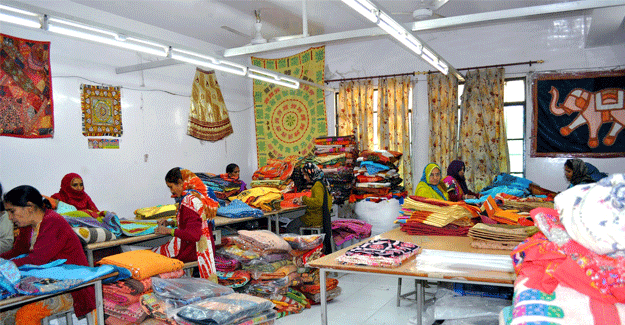Vietnam Analysts Sound Caution On Surge In Chinese FDI
Vietnam Analysts Sound Caution On Surge In Chinese FDI

Of late Vietnam has had a surge in foreign investment from China in both textile and allied power sector. The Foreign Investment Agency (FIA) Vietnam was quoted as saying that Chinese companies invested in 76 projects totally valued at USD 205.7 million in recent times. Consequently, China ranks third in the largest number of projects and fourth in the total investment value globally, when it comes to Vietnam.
Statistics released by the FIA and supported by analysts observe that Chinese investments in Vietnam have been increasing continuously over the past decade. From a modest USD 572.5 million in 2007, it has risen to USD 2.17 billion in the year 2017.
In recent years, more large scale projects have been registered from China. These include Vinh Tan 1 Thermal ower plant, which is capitalized at USD 2 billion besides the Lam Son industrial zone (IZ) More large-scale projects have been registered, including the Vinh Tan 1 thermal ower plant, capitalized at $2 billion, the Lam Son industrial zone (IZ).
The Chinese industrialists and investors have used a diversified strategy over a period of years. They began by entering into joint ventures and later graduated to 100% fully foreign owned businesses. In the previous year alone they have set up 284 fresh projects totaling USD 1.41 billion.
The FDI flowing in from China now covers textiles, garments, services, metal processing, manufacturing, and processing industries. They amount for 50 percent of the total capital investment.
There are mixed reactions in Vietnam about these increasing investments. Some analysts cite industrial pollution, use of outdated technology by Chinese and migration of Chinese labor as a risk factor that will disturb the local Vietnam economic and social environment. There are others who are welcoming the Chinese capital on the grounds that Vietnam still needs investments.
Despite differences, the analysts unanimously agreed that Vietnam needs to apply reasonable policies to take full advantage of the capital and minimize risks by encouraging Chinese investment in projects in high technologies, startup development, and key industries.



 textileexcellence
textileexcellence 







